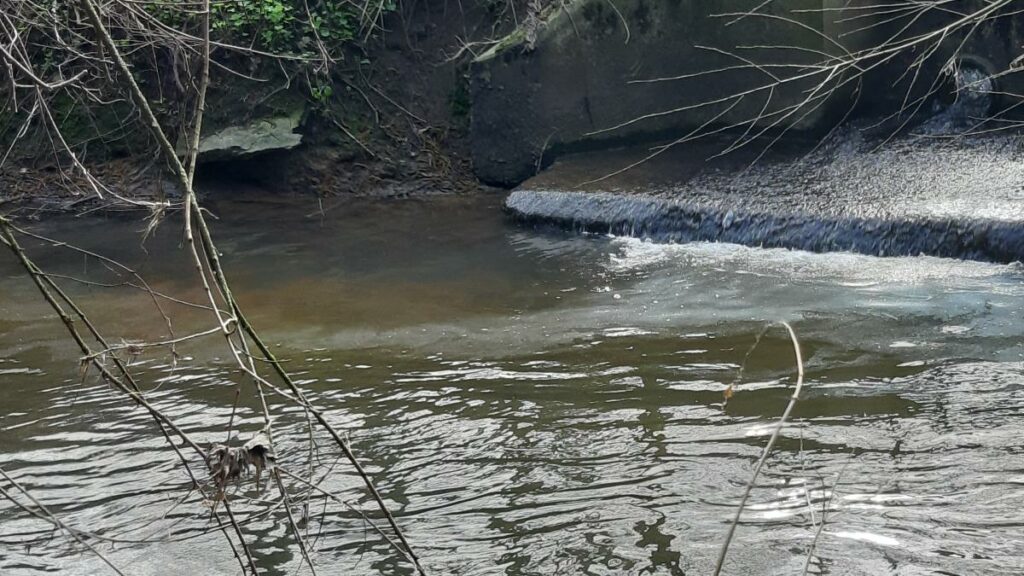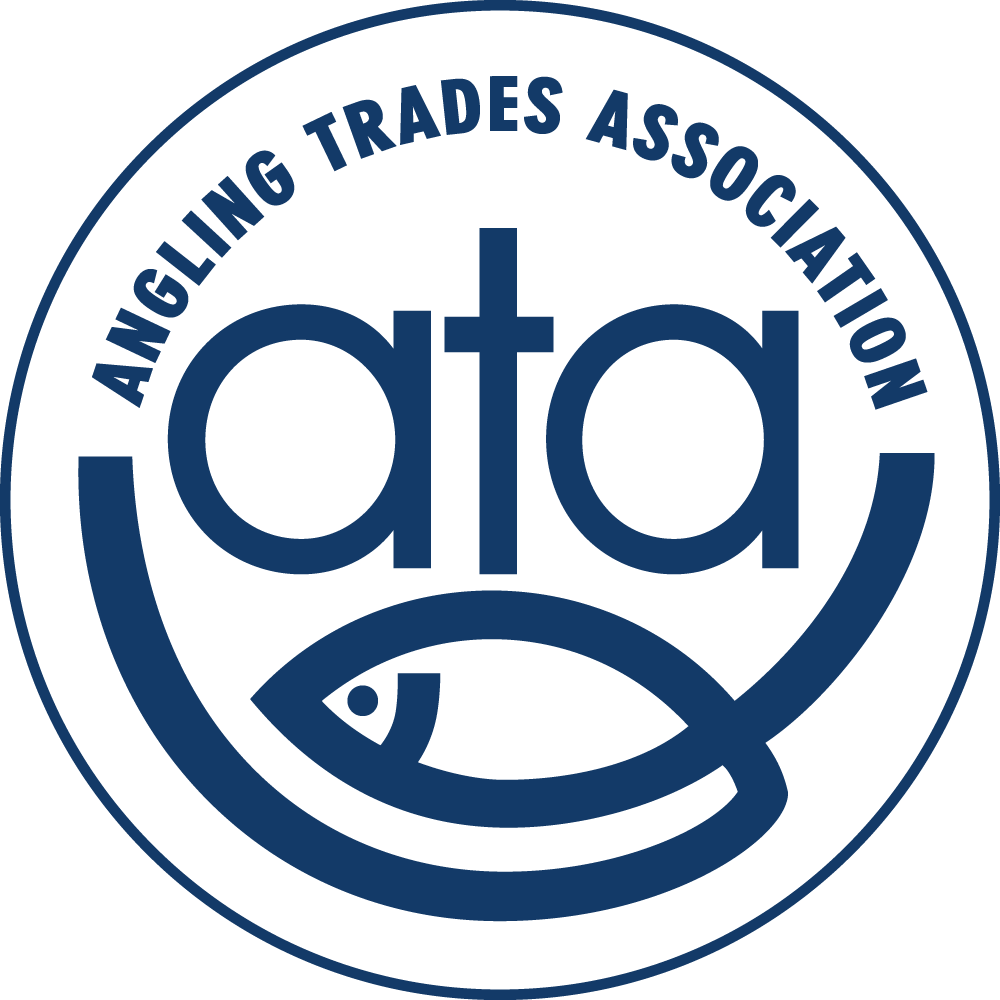
The Angling Trades Association has written to Sir James Bevan, CEO of the Environment Agency, to warn him that new plans to allow water companies to discharge waste into our rivers could kill our fish, our industry and the revenue it gets from anglers.
ATA vice chairman Mike Heylin OBE has told Sir James that the EA’s Regulatory Position Statement B2 (or RPS for short) means water companies may discharge in breach of their permits because of a shortage of chemicals used for sewage treatment, due to Brexit and Covid.
The move is part of the ATA’s continued work to protect the tackle trade, our fisheries, fish stocks and anglers themselves.
Mike said: “The ATA considers that this RPS is unlawful since the Environment Agency can’t change the law or say what is or isn’t illegal. If a water company discharges in breach of permit, it is in breach of the permit.
“Water companies have been asked by the EA to ‘risk assess’ the Waste Water Treatment Works (WWTW) into categories A-C. The list as published with the notice appears to be incomplete and does not list all rivers subject to receiving sewage waste, even though some of them are sensitive chalk streams and therefore may be considered as being at risk.”
The letter continues: “Fish, aquatic mammals, water birds, aquatic invertebrates, riparian owners, angling clubs, anglers, guides, coaches and the fishing tackle industry are all dependent on clean healthy river systems and aquifers. Approximately 835,000 (2019) anglers hold a rod licence, the revenue from which pays for the Environment Agency fisheries service.
“The angling economy in the UK was recently valued at approximately £1.7 billion for the benefits freshwater fisheries deliver to society and anglers are thought to spend around £1.6 billion (2019), £660 million of which is expenditure on fishing tackle and bait. The angling industry is thought to support in excess of 35,000 jobs in England.
“The decision by the Environment Agency to not enforce its own permitting system is damaging both to the EA reputation and to the aquatic environment which this whole biosphere and industry depends on.
“It is unacceptable in the 21st century that the failures of an industry, and its component companies, to adequately invest and the government department (OFWAT) overseeing the investment profile of the water companies should bring us to the point where the cost and consequences of those investment failures leading to lack of capacity and resilience in the asst base are borne by an economic third party, the fishing tackle industry, which is a totally innocent party in the matter.
“It is not for the tackle industry to solve the problem but for the water companies, OFWAT and the regulator (EA) to come up with acceptable solutions to the problem and not impose raw sewage releases into the environment.
“Raw sewage kills rivers, and they take a long time to recover, indeed some may never fully recover all the species that are lost in the first raw sewage event. Fish stocks in particular can take many years to recover so the economic cost of your proposals might be as much as £33 billion and many livelihoods.”
Mike concluded the letter with a question for Sir James: “What other proposals did the Environment Agency consider before deciding on this RPS as a solution and what economic analysis was done to justify this decision?”
